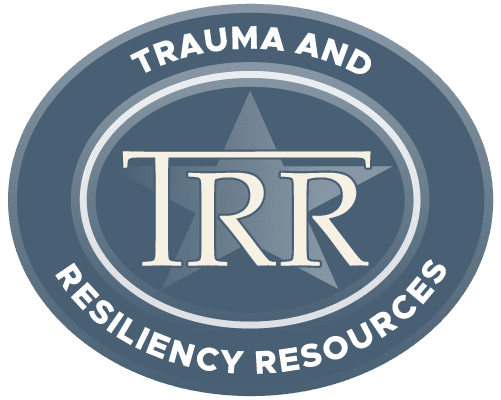A blog post can be a daunting item: once it is out there, it is out there to stay. So, with that in mind, we start this TRR blog in order to encourage an exchange of ideas about war, trauma, injuries both seen and invisible, and healing/wellness.
A blog post can be a daunting item: once it is out there, it is out there to stay. So, with that in mind, we start this TRR blog in order to encourage an exchange of ideas about war, trauma, injuries both seen and invisible, and healing/wellness. At TRR, we focus on wholeness and life: a whole person living a meaningful and enriched life. Rather than offering nifty tricks designed to mask pain, we want to facilitate real wellness in the aftermath of the deep suffering of trauma. Trauma that leads to deep emotional and existential pain can come from anywhere and at any time. Natural disasters or disasters wrought by human minds and hands do not discriminate, and many a life has been suddenly altered forever by such events. Can a person attain to real, substantial wellness in the wake of such horrific experiences?
Simply stated, yes.
As easy as that is to write, or to say, it can be quite challenging to experience this wellness because trauma creates a complex matrix of converging human experiences, a nexus of confusing and disorienting existential dynamics that vary from person to person. It is easy to say “Yes, people can recover and thrive,” but no one who knows trauma, either through personal traumatic experience or helping someone to deal with it, would say it is “easy.”
Still, this vision of a whole person living a meaningful and enriched life in the aftermath of trauma IS possible.
By “the whole person” we mean the integrated human experience of the physical, neurological, psychological, emotional, and spiritual aspects of life; these interrelated facets of existential contact with the outside world and the inner self. We aim to treat the whole person so that every aspect of life experiences healing and wellness.
One major component of the person that has, until recently, been largely ignored is the “moral center,” that “place” in the person that registers “right and wrong” inwardly and outwardly as a person moves through the world and navigates through experiences. This aspect of moral sensibility and sensitivity, if not honored, can get stuck in deep wounding, becoming a center of existential pain when a person perpetrates, witnesses, or fails to prevent something that violates his/her moral commitments or deeply held visions of what should and should not happen in the world.
Such a violation often takes place when warriors kill in combat. Knowing full well the necessity of action that is thrust upon a warfighter in the heat of battle, many who have killed “justifiably” know in their heads that they “did what had to be done” but find that something in their deep heart rebels against the action, causing profound hurt and a sense of moral transgression. Some feel that, having killed, they cannot return to the land of civilized behavior–they feel they have “become” something different and are no longer fit for life in the world off of the battlefield. This has come to be known as “Moral Injury,” a somewhat strange term but a valuable one for denoting a common experience among men and woman who have had to kill in the line of duty, or who have witnessed killing and death. Sometimes, just hearing “war stories” is enough to inflict this soul wound.
At TRR, this aspect of traumatic experience has become a key focus due to the fact that we have seen the impact of such experiences again and again in our returning warriors. We will talk about it often in this blog.
So, here we begin. We our regular offerings here with be thought-provoking as we continue to engage our culture filled with wounded warriors. These men and women live all around us, tens of thousands of them from military, law enforcement, firefighting, and other high-risk protective vocations. Their wounds often escape the human eye, and even in those with visible wounds there often exist equally severe unseen wounds. They deserve our society’s best, but they often receive much less. We hope to facilitate deep and multifaceted wellness in the lives of those who we can reach, and, through this blog, we hope to inspire dialogue among us all about these important issues.
